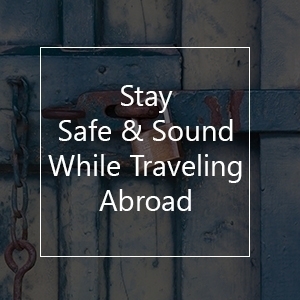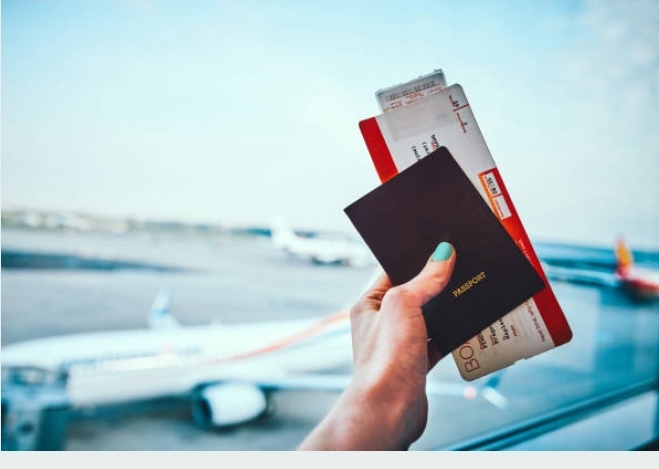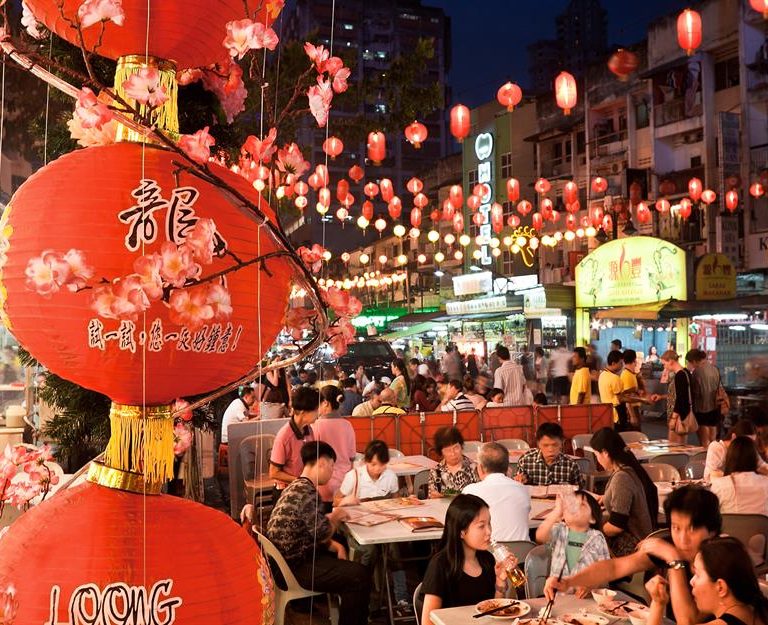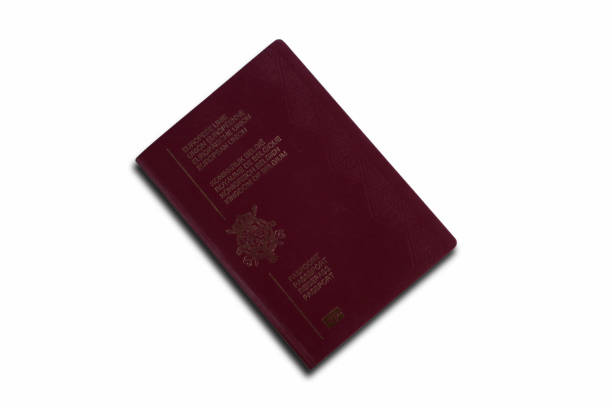How to Stay Safe While Traveling Abroad
Introduction
Traveling abroad is an exciting and enriching experience that allows you to explore new cultures, meet new people, and create lifelong memories. However, it’s essential to prioritize your safety and well-being during your journey. Whether you’re a seasoned traveler or embarking on your first international trip, this comprehensive guide will provide you with practical tips and strategies to help you stay safe while traveling abroad. From pre-trip preparations to personal safety, health precautions, and emergency planning, we’ll cover all the essential aspects to ensure you have a secure and enjoyable travel experience.
Pre-Trip Preparations
- Research your destination: Before traveling, thoroughly research your destination. Understand the local customs, laws, and regulations. Familiarize yourself with the political and social climate to ensure a smooth and safe experience.
- Check travel advisories and register with your embassy: Stay updated on travel advisories issued by your government. Register your travel plans with your embassy or consulate to receive important safety updates and assistance during emergencies.
- Share your itinerary: Share your travel itinerary with a trusted friend or family member. Provide them with copies of your passport, travel insurance, and contact information. Maintain regular communication with them during your trip.
- Get travel insurance: Purchase comprehensive travel insurance that covers medical expenses, trip cancellations, and emergency evacuation. Understand the terms and conditions of your policy and carry the necessary documents.
- Secure your valuables: Leave unnecessary valuables at home and carry only essential items. Make digital copies of important documents and store them securely online or in a cloud storage service. Use a secure bag or pouch to carry your valuables.
Personal Safety
- Blend in with the locals: Dress appropriately and respect local customs and traditions. Avoid drawing unnecessary attention to yourself. Observe how locals behave and adapt accordingly.
- Stay aware of your surroundings: Be alert and observant of your surroundings, especially in crowded or unfamiliar areas. Avoid walking alone at night and stick to well-lit and busy areas. Trust your instincts and be cautious of suspicious individuals or activities.
- Use secure transportation: Choose reputable transportation options such as licensed taxis or rideshare services, especially at night. If using public transportation, be mindful of your belongings and keep them close to you.
- Protect your belongings: Keep your valuables secure and out of sight. Use a money belt or a hidden pouch to carry your cash, passport, and important documents. Avoid displaying expensive jewelry or electronics in public.
- Be cautious with strangers: While it’s natural to meet new people during your travels, exercise caution when interacting with strangers. Be aware of common scams and trust your instincts. Avoid sharing personal or sensitive information with strangers.
- Stay connected: Carry a reliable means of communication, such as a local SIM card or an international data plan. Keep your phone charged and inform your loved ones about your whereabouts. Stay connected to local emergency services and save important contact numbers.
Health Precautions
- Get vaccinated: Research the recommended vaccinations for your destination and ensure you are up to date on routine vaccinations. Consult with a healthcare professional or visit a travel clinic before your trip.
- Practice good hygiene: Wash your hands regularly with soap and water or use hand sanitizer when necessary. Avoid consuming tap water or ice from unknown sources. Be cautious with the food you eat and choose reputable establishments.
- Carry necessary medications: If you have any pre-existing medical conditions, carry an ample supply of necessary medications for the duration of your trip. Pack them in your carry-on bag in their original packaging, along with a prescription or doctor’s note.
- Stay hydrated: Drink plenty of water, especially in hot and humid climates. Carry a reusable water bottle and refill it from trusted sources. Dehydration can lead to fatigue and other health issues.
- Protect yourself from insects: In areas with a risk of mosquito-borne diseases, use insect repellent and wear appropriate clothing to cover exposed skin. Consider using mosquito nets or staying in accommodations with screens on windows.
- Be prepared for common health concerns: Research common health concerns at your destination, such as altitude sickness, traveler’s diarrhea, or respiratory infections. Take necessary precautions and carry over-the-counter medications to address these issues.
Emergency Planning
- Know emergency contact information: Save important contact numbers, including local emergency services, your embassy or consulate, and your travel insurance provider. Keep a physical copy and a digital backup of these contacts.
- Stay informed about local laws and customs: Familiarize yourself with local laws, customs, and cultural sensitivities. Respect local traditions and avoid engaging in illegal or offensive activities. Stay informed about any protests or demonstrations and avoid areas of unrest.
- Have a communication plan: Establish a communication plan with your travel companions. Agree on meeting points and check-in times. Share your itinerary with them and keep them updated on any changes.
- Be prepared for natural disasters: Research potential natural disasters that can occur at your destination. Understand evacuation procedures and identify safe areas. Follow local authorities’ instructions during emergencies.
- Carry essential documents: Carry photocopies or digital copies of your passport, travel insurance, and other important documents. Store them separately from the originals. Consider using a secure travel document organizer.
Conclusion
Staying safe while traveling abroad requires careful planning, situational awareness, and adherence to common-sense practices. By taking proactive measures during the pre-trip phase, prioritizing personal safety, practicing health precautions, and preparing for emergencies, you can enhance your safety and enjoy a memorable travel experience. Remember, each destination has its unique challenges, so adapt these tips to suit your specific circumstances. Stay informed, trust your instincts, and make the most of your international adventure while keeping safety a top priority.






